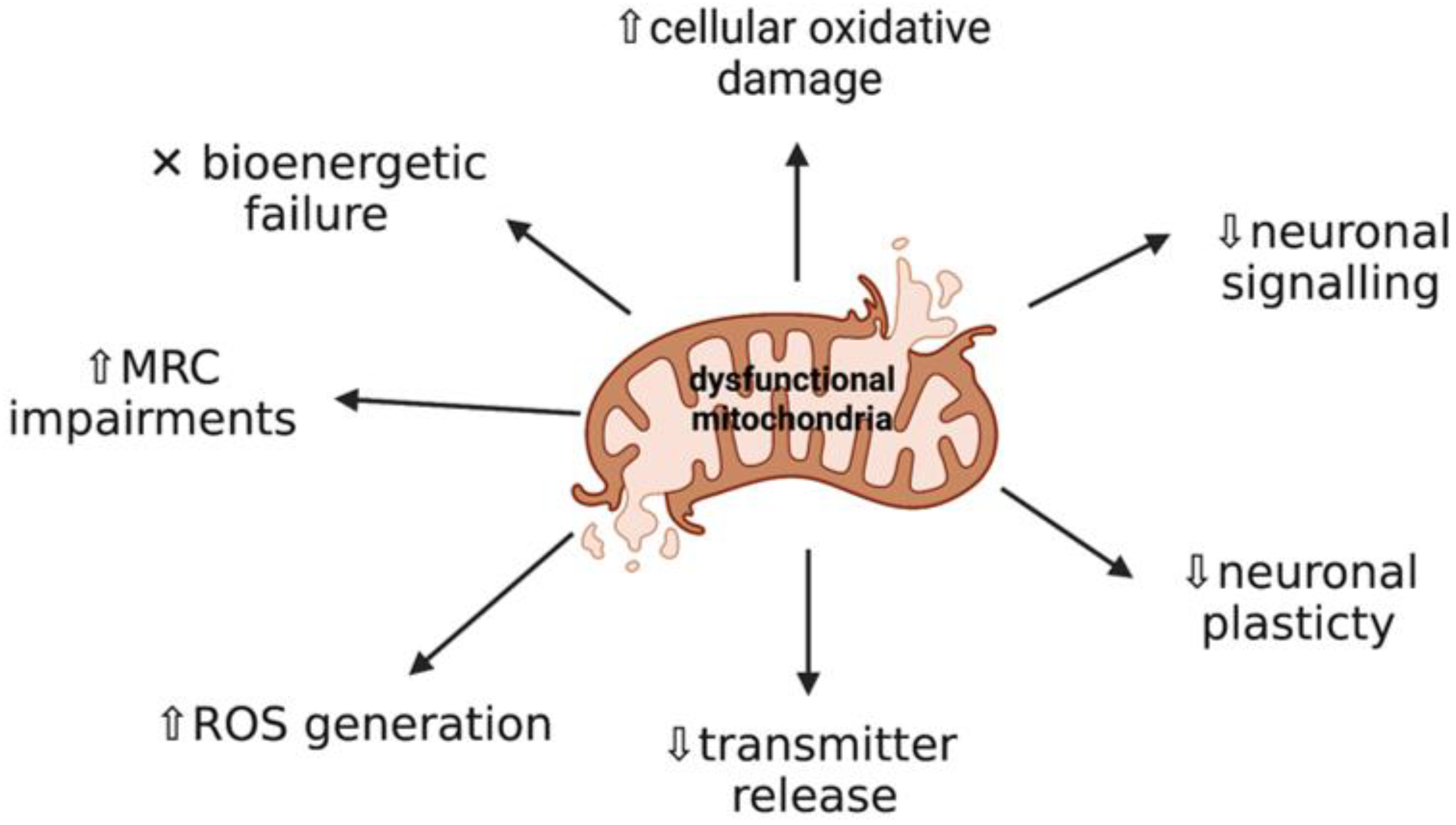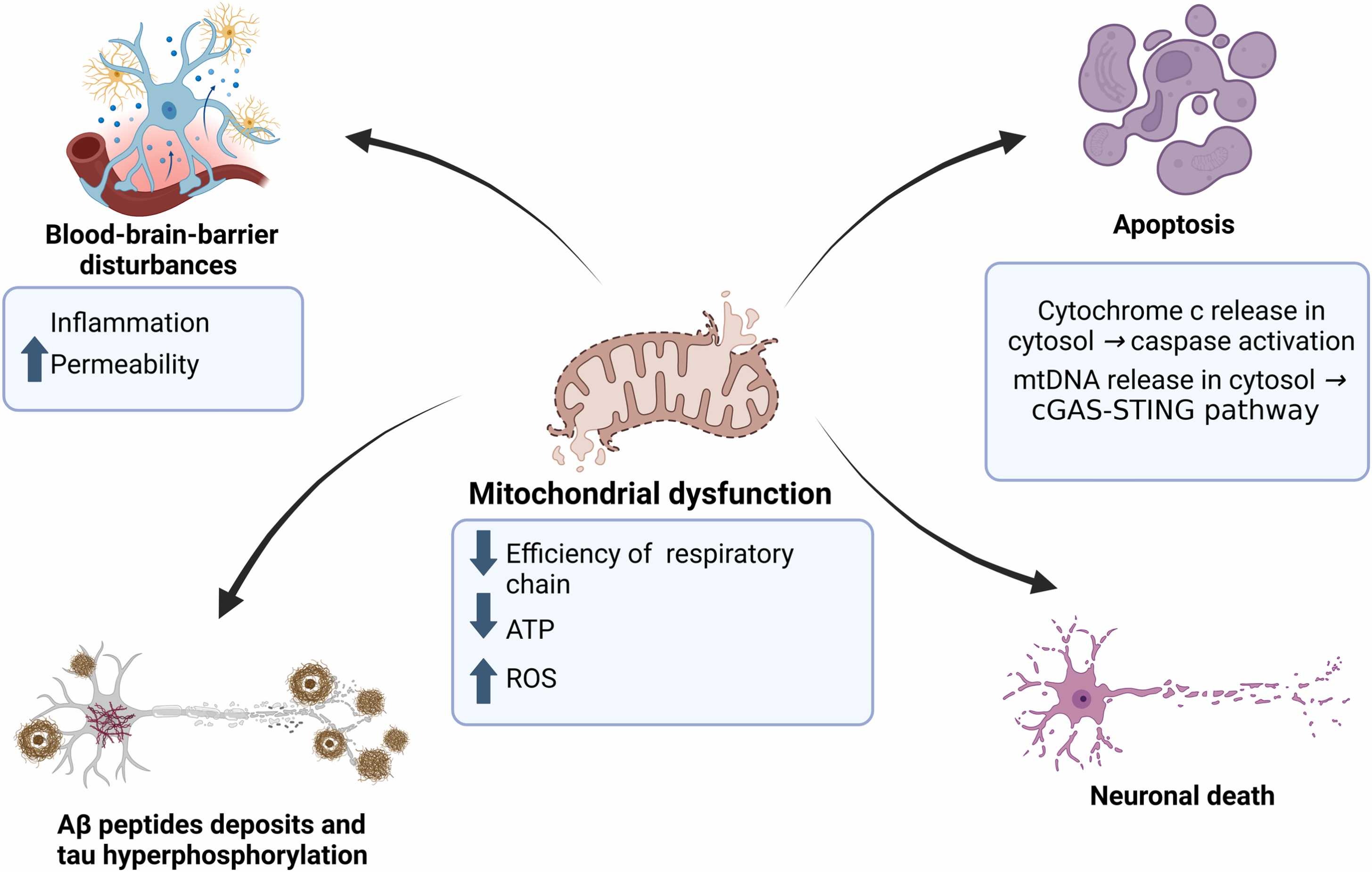Mitochondrial Damage Detection Service
- Drug Toxicity Evaluation and Safety Assessment: By assessing indicators such as ATP levels, ROS accumulation, and mitochondrial structural changes, this service helps identify potential mitochondrial toxicity and enhances the safety of drug screening.
- Neurodegenerative Disease Mechanism Research: As mitochondrial damage is closely associated with various neurological disorders, analyzing mitochondrial stress responses and functional decline contributes to understanding disease pathogenesis.
- Cellular Stress and Apoptosis Mechanism Analysis: Detection of mPTP opening, membrane potential loss, and cardiolipin externalization provides insight into the mitochondrial involvement in apoptosis, necrosis, or ferroptosis.
- Functional Validation of Antioxidants and Protective Agents: Evaluates the effects of antioxidants, mitochondrial protectants, and other interventions in mitigating mitochondrial damage.
Mitochondrial Damage Detection Service is a service that uses multidimensional biochemical, molecular, or imaging techniques to quantitatively or qualitatively assess the degree of mitochondrial structural and functional damage. This service can identify typical damage markers such as decreased mitochondrial membrane potential, mitochondrial permeability transition pore (mPTP) opening, and structural damage, providing reliable support for disease mechanism research, drug toxicity evaluation, and cell state monitoring.
Mitochondria are one of the most important organelles in eukaryotic cells, primarily responsible for energy metabolism, oxidative phosphorylation, apoptosis regulation, calcium homeostasis maintenance, and reactive oxygen species (ROS) regulation. Due to their active metabolism and complex structure, mitochondria are highly sensitive to environmental stress, making them susceptible to damage from factors such as oxidative stress, toxic substances, genetic mutations, and energy imbalance. This damage can manifest as the loss of membrane potential, dysfunction of respiratory chain complexes, reduced ATP synthesis, ROS accumulation, calcium overload, mitochondrial fragmentation, or abnormal membrane permeability. Mitochondrial damage not only disrupts cellular metabolism but can also activate cell death signaling pathways (such as apoptosis, necrosis, or autophagy), ultimately affecting tissue homeostasis and disease progression. Accurately identifying mitochondrial damage is essential for understanding cellular stress mechanisms and plays a critical role in drug toxicity evaluation, disease mechanism research, and biomarker development.

Millichap LE. et al. Int J Mol Sci. 2021.
Services at MtoZ Biolabs
MtoZ Biolabs, leveraging a well-established cellular function and mitochondrial analysis platform combined with various techniques such as flow cytometry and colorimetric assays, offers a customizable Mitochondrial Damage Detection Service to assess mitochondrial structural and functional abnormalities under pathological or stress conditions. This service supports scientific research in drug toxicity screening, cellular stress mechanism studies, and metabolic disorder pathology exploration. Our Mitochondrial Damage Detection Service includes analysis of multiple indicators, such as:
Mitochondrial Membrane Potential Analysis
Using high-performance fluorescent probes in combination with platforms such as flow cytometry, fluorescence microscopy, and microplate readers, mitochondrial membrane potential is monitored in real-time or at endpoint, providing a comprehensive evaluation of cellular energy metabolism and mitochondrial functional status.
Mitochondrial Permeability Transition Pore Analysis
The opening status and dynamic changes of Mitochondrial Permeability Transition Pore (mPTP) are evaluated using platforms such as flow cytometry and fluorescence microscopy.
Mitochondrial Membrane Phospholipid Detection
Quantifies the abundance and oxidation status of specific phospholipids in mitochondrial membranes using mass spectrometry, revealing membrane structural damage.
ATP Content Measurement
Quantifies ATP levels using fluorescence or luminescence assays to assess cellular energy metabolism capacity.
Mitochondrial Morphology Observation
Observes mitochondrial quantity and morphological abnormalities (such as fragmentation, fusion, or swelling) under a microscope to determine mitochondrial damage.
Service Advantages
1. Multi-Parameter Evaluation System: Combines structural and functional indicators to provide a comprehensive reflection of mitochondrial damage status.
2. Advanced Analysis Platform: MtoZ Biolabs established an advanced Mitochondrial Damage Detection Service platform, guaranteeing reliable, fast, and highly accurate analysis service.
3. One-Time-Charge: Our pricing is transparent, no hidden fees or additional costs.
4. Customized Analytical Solutions: Detection indicators and analysis methods can be tailored to fit specific experimental objectives.
Sample Submission Suggestions
Sample Types: Compatible with cells, tissues, or purified mitochondria.
Storage and Shipping: Samples should be snap-frozen in liquid nitrogen or stored at −80°C. Avoid repeated freeze-thaw cycles. Ship with dry ice.
Additional Notes: Please contact us prior to sample submission for detailed and project-specific sample preparation guidance.
Applications

D’alessandro MCB. et al. Ageing Research Reviews. 2025.
Application overview of Mitochondrial Damage Detection Service:
Related Services
Mitochondrial ROS Analysis Service
How to order?







